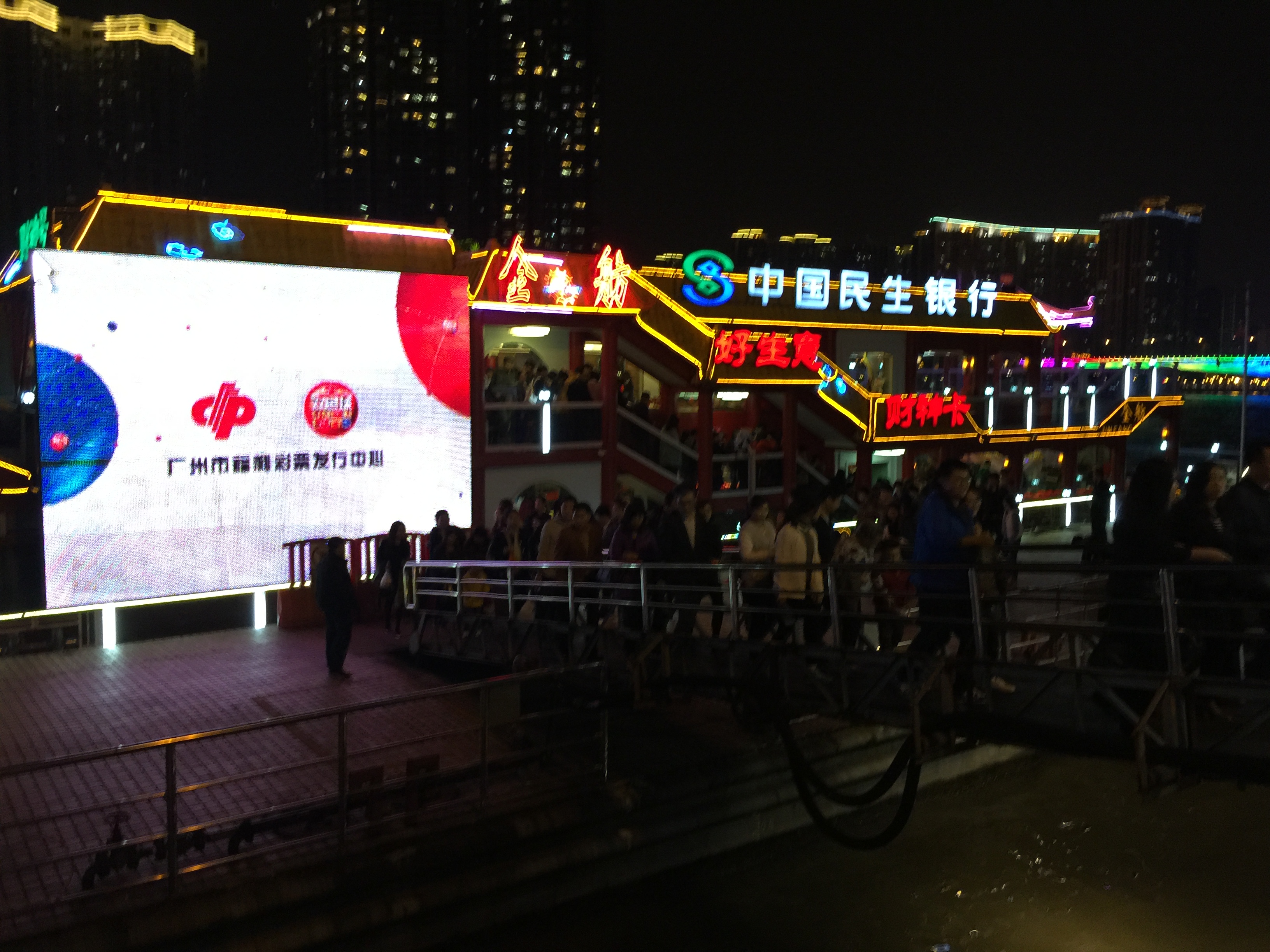As yet another deadline for Brexit approaches the uncertainty for UK businesses continues. As a result the value of Stirling plummets to new depths and the costs of imports increases. Every way you turn the message seems doom and gloom, from suggestions of food and medicines shortages to queues of lorries stretching from Dover to Newcastle!
You may be forgiven therefore being sceptical of any good news regarding industry and trade. But if you look around there are positive things happening and forward looking businesses can do a lot to mitigate their risk of disruption and ensure stability of supplies. The world is a large place and although for the past 40 years Europe has been our main (and natural) source of many supplies this was not always the case. It may seem surprising if you listen to the news each day but trade between the UK and the rest of the world is largely unaffected by Brexit and in fact, depending on the outcome of all this, may actually get easier and more favourable as current restrictive EU tariffs are lifted.
What about the effects of Brexit on Stirling I hear you say. Well every cloud has a silver lining. Sure the falling value of the pound makes imports more expensive, but for exporters this is a golden opportunity to expend and secure a new larger customer base. China, a country where we have a lot of experience, is a special case however. It has it’s own problems of late due to ongoing fractious talks between Beijing and Washington. There so called ‘trade wars’ have led to rising tariffs for Chinese goods being exported to the USA. In response Beijing has devalued its currency against the dollar and as a result against the pound too. Over the past three months the pound has fallen in value by around 4.4% against the dollar and 2.6% against the euro but only fallen 0.67% against the Chinese rmb and over the last month has actually risen 3.6% against the rmb. For importers looking for new stable sources for goods and materials China is the logical place to look. Whether its high technology electrical products from Shenzhen, machinery from Guangzhou, steel from Tianjin or plywood from Linyi we have suppliers we are in regular contact with for a very wide range of products. Shipping costs are also low and environmentally friendly with remarkably low carbon footprints for delivery by sea. The cost of shipping a container from China to UK is cheaper than the cost of unloading it in the UK and delivering it on a curtain sided lorry to a customer in Manchester!
We are seeing a steady increase in enquiries from businesses looking to trade with China and when one looks closely at the economic argument it’s easy to see why. And the really great thing is you don’t need to wait for politicians to sort Brexit to do this.

